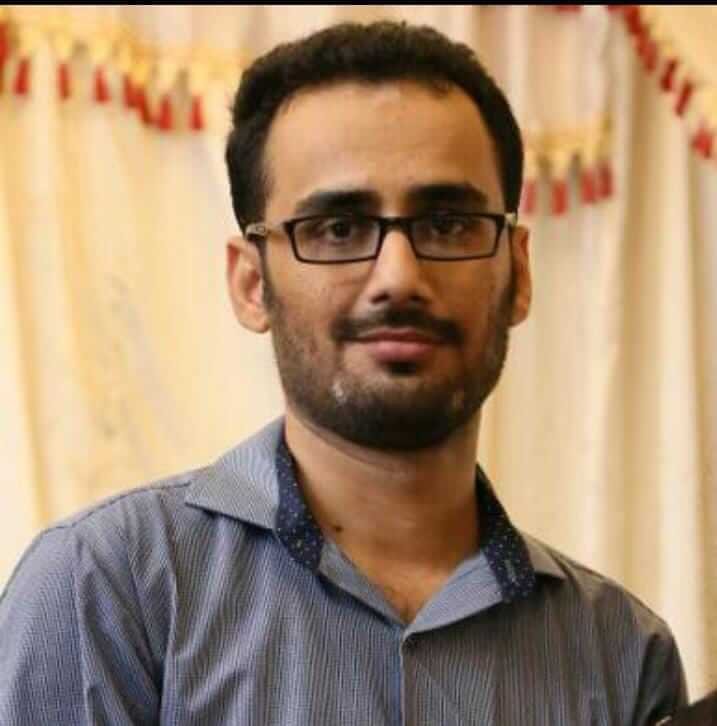When I first sat CSS exams I had only five days to study and then take 12 papers in eight days. Still I managed to clear nine of them. When I informed one of my seniors, a popular columnist of an Urdu daily, he said, “You can clear all the papers if you study for one month.” I was overjoyed to hear that. That was a big mistake.
I had studied only Indo-Pak History and Everyday Science. The rest I did not study because I thought I would pass them having studied most of the subjects recently for my MA degree in Political Science like Pakistan Affairs, Constitutional Law, and International Relations.
I did not prepare for English exams because I thought I had very good command of the language and that I knew how to write an essay. Some of these assumptions proved correct but others did not.
I did manage to pass Political Science, IR and Pakistan Affairs but I failed Constitutional Law. More importantly I failed the English essay paper because I did not know how to structure an essay.
So the second time I worked hard for the essay paper. I took tuitions from two senior teachers of the city. I not only passed the essay exam but did so with 62 marks which people said was a remarkable score.
This time I failed the Current Affairs paper because I had not prepared for it. I thought being a journalist it wouldn’t be difficult for me. But I was a lazy journalist (maybe still am). I did not use to read the international news pages.
And I failed the Constitutional Law paper once again. An officer who had studied law told me that the Constitutional Law paper is not to be attempted in the way that the Constitutions paper is attempted in Political Science but it is to be attempted the way it is attempted at law colleges.
When I attempted the CSS exam the third time I failed Islamiat because I attempted the paper in Urdu. The first two times I had cleared the paper without much effort. In fact at the first attempt I hadn’t studied Islamiat at all but still managed 55 marks. For the third attempt I worked very hard. I read a number of books from many different scholars but took the paper in Urdu and the result was that I got only 36 marks. When I informed an officer about this, he said, “Urdu to examiners ke Ghar ki londi hoti hai; apne Urdu mein islamiyat ka paper dekar ladki ki examiners angrezi se maro’ob hote hain.”
The third time I made a lot of changes to my optional subjects. I did away with Political Science although I had a master’s degree in it. I scored low in this subject in the second attempt.
I opted for Sociology, Journalism, IR and Public Administration besides the usual Indo-Pak History.
I had studied Sociology at BA level and IR and Public Administration at MA level.
I thought I would be able to easily pass the Journalism paper because I had been a journalist for more than seven years. This was a new mistake. I failed. Only then did I realise that practical knowledge and experience of journalism is one thing and mastering theory quite another. I got just 30 marks although there were 20 marks for MCQs most of which I marked correctly. It means that for the four subjective questions of 80 marks I scored only 10.
One should not be complacent about any subject even if it be one that one studied for master’s level.
English is the most important factor. One should never take it lightly even if one has been teaching English.
Although the age of newspapers is fast coming to an end they are still a good resource for the aspirants of CSS exams for Current Affairs because they present stories and articles about the world in a systematic way.
A few more things. There is a gap of only 2 hours between the compulsory papers and also some of the optional papers. Candidates have to sit for 6 hours, from 9:00 a.m. to 12 noon, and then 2:00 p.m. to 5 p.m.). Since there is only 2 hours gap between two exams one should throw the previous paper out of mind as soon as one leaves the hall. One does not have a minute to lose worrying about what one missed in the paper that has just concluded. It ruins the preparation for the next paper.
Unfortunately the papers of CSS candidates are examined in much the same way as matriculation and intermediate papers are. The more one writes the more marks one gets. The more headings one gives the better one’s score is. The more quotations one reproduces the more knowledgeable one is considered. Candidates have to write continuously. So they should practise writing continuously for as many hours as they can.
But the most important lesson that I have learnt is that even after failing thrice the world did not end for me. I am living happily 13 years after I made my third attempt and failed.

The writer is a senior sub editor at The News Karachi. He has degrees in English literature and linguistics.



